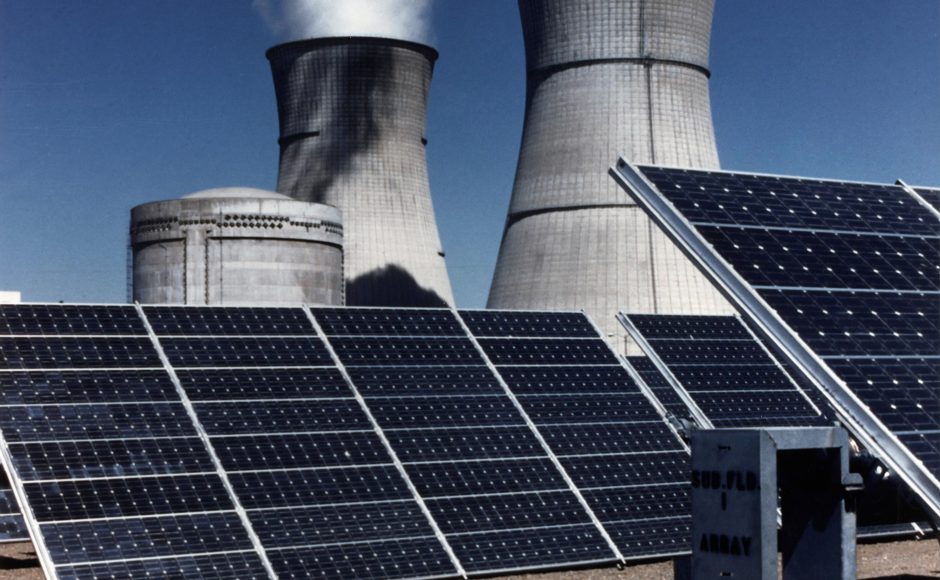If you live somewhere with a power grid and installing solar, your system will probably be a hybrid solar system. A hybrid system generates its own solar energy and is also connected to the city’s power grid. These systems require the use of hybrid solar inverters and are a reliable source of consistent energy for most homes. But what are the benefits and drawbacks of this type of system? Keep reading to find out.
The Drawbacks
A hybrid system doesn’t have many cons, but they certainly do exist. One of the drawbacks is that you’re not usually 100% self-sufficient. You’ll likely still be drawing from the power grid when your array isn’t generating power, and this means you will still be receiving energy bills. If you were hoping to completely eliminate your power bills, make sure to properly manage your expectations for your hybrid solar system.
Another drawback is that you’re still prone to power outages when the city grid goes down. Even if the grid goes offline during the day, your home’s solar power will stop working. This is because most hybrid systems feed energy back into the grid (more on that later), and any electricity passing through the lines that workers are repairing can result in serious injury or even death. So, for workers’ safety, any solar systems connected to the grid will be shut off when the grid is being repaired.
The Benefits
The benefits of a hybrid solar system tend to greatly outweigh the drawbacks. As mentioned above, many of these systems generate more energy than the home needs during the day, and they feed that energy back into the grid. This gives you a credit on your power bill, so when you do need to use the grid, you can essentially draw on the energy that you sent into the grid earlier without being billed like normal.
You also do have options available to you to keep your power on, even when the grid goes out. If you connect a battery bank to your system or use a generator, you can use these to power your home. Or, many hybrid solar inverters can be manually disconnected from the grid so you can continue to use solar energy when the grid goes down.
Hybrid solar systems are usually the best choice for residential properties, and they can offer many benefits. Do some research into the providers in your area and learn more about how to build a hybrid system that best fits your family’s energy needs.




